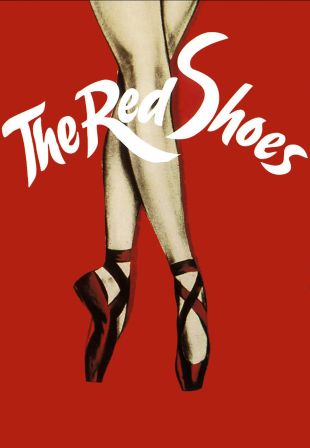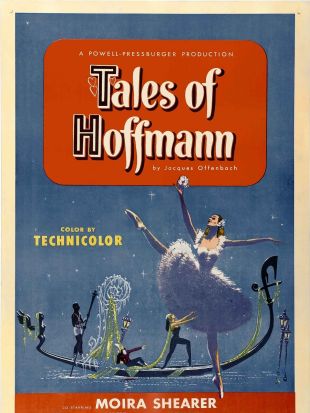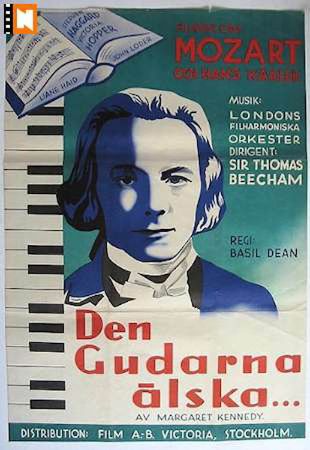A renowned figure at the conductor's podium for 50 years, Sir Thomas Beecham was one of the most important figures in classical music of the mid-20th century. During the second half of the 1940s, he also exerted an influence on two of the most important filmmakers working in England, Michael Powell and Emeric Pressburer, and played a key role in the production and creation of two of the most inventive and popular movies ever to come out of England. In 1946, at the insistence of composer Brian Easdale, Powell and Pressburger engaged Beecham and his newly organized Royal Philharmonic Orchestra to record Easdale's "Ballet of the Red Shoes" for their film The Red Shoes. The movie became a huge international success, and so effective and successful was Beecham's contribution, and so pleased was the conductor with the results, that he broached the idea with Powell and Pressburger of working on other projects together in the future. Beecham presented to them the idea of doing a film adaptation of a complete operatic work and, seated at the piano, ran through the entirety of Jacques Offenbach's The Tales of Hoffmann. By the time he was finished -- doing every part himself at the piano -- the two filmmakers were sold, and in 1947 Beecham and his orchestra, and the Sadler's Wells Chorus, and a cast of singers that he assembled, recorded the audio track that would serve as the basis for the film at Shepperton Studios. The movie was shot in 1950 and released the following year, and featured the best singers as recruited by Beecham, the best dancers and actors as assembled by Powell and Pressburger, and a version of the score adapted and edited by Beecham with Dennis Arundell. The movie also featured a new opening ballet sequence prepared by the conductor from Offenbach's music. The conductor's creative collaboration with the two filmmakers proved a success, but their relationship ended up steeped in litigation over Powell and Pressburger's decision to license the audio track to Decca/London Records for a soundtrack release. At the time, Beecham had exclusive contracts with EMI in England and Columbia Records in America for the release of his and the Royal Philharmonic's work on the two sides of the Atlantic, and he and the two record labels ended up suing the filmmakers. Powell and Pressburger won the case and the soundtrack remained in print, and Beecham's career as anything but a subject of films ended with The Tales of Hoffmann.
Thomas Beecham
Share on


